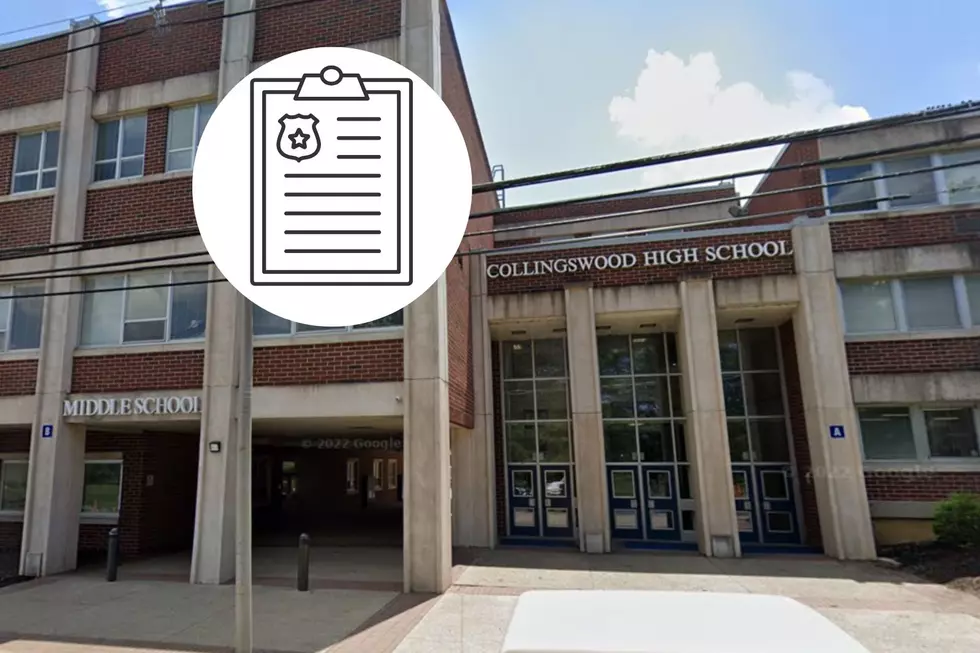
Good news (and a little bad) about NJ ANCHOR property tax relief
TRENTON – New Jerseyans will have an additional month to apply for payments from the state’s new ANCHOR property tax relief program, and more renters are being made eligible.
Gov. Phil Murphy and legislative leaders announced the changes Friday. They also said the state “will embark on an aggressive advertising and marketing campaign” for the program, which expands and replaces the homestead rebate program.
“In order to achieve meaningful relief for hard-working taxpayers, we must expand access and improve awareness of our efforts to promote affordability and opportunity in New Jersey,” Murphy said.
“Extending the deadline will give our residents a greater ability to take advantage of a program that will help make their lives more affordable,” said Senate President Nick Scutari, D-Union.
“This truly remains a game-changer for folks who have seen their budgets stretched further and further,” said Assembly Speaker Craig Coughlin, D-Middlesex.
Less than half have applied
Fewer than half of the more than 2 million households who are expected to receive ANCHOR benefits have applied since instructions began hitting mailboxes two months ago. There have been 928,000 applicants to date, said Treasury Department spokeswoman Danielle Currie.
The deadline for applying for the benefit had been Dec. 30 but was extended to Jan. 31.
Additionally, renters who had previously been ineligible because their unit is part of a building that makes a payment in lieu of taxes (PILOT), rather than pay property taxes, are now eligible to apply for the benefit.
“With even more people eligible now, we thought it wise to extend the deadline and boost awareness,” said state Treasurer Elizabeth Maher Muoio.
Legislation that would extend ANCHOR program eligibility to PILOT-covered properties had been introduced last week by Sen. Joseph Vitale, D-Middlesex. He said he’s grateful for the quick response.
“I alerted them to the issue immediately after receiving a call from a constituent who pays market rate rent in a building whose occupancy is dedicated to veterans,” Vitale said. “Within two weeks they are announcing a fix to the problem.”
Payments are expected next May
Recipients will have to wait roughly another half a year for their payments, however.
At one point in the program’s development, the plan was to have benefits paid as credits on the quarterly property tax bills due May 1. But the payments were changed along the way into checks or direct deposits that, according to the state budget, must be paid by the end of May.
Murphy had indicated that he hoped the payments would be made sooner than May. But the announcement Friday said all payments will begin going out in late spring, regardless of when taxpayers file.
Legislation has been introduced by a group of Republicans that would require the payments be made within 30 days of the bill becoming law, or within 30 days of future applications, but there's no indication it will get a hearing.
RELATED: NJ tax rebates: How much relief do you really get? A town-by-town look
It is anticipated that 870,000 homeowners with incomes up to $150,000 will receive $1,500 in relief; over 290,000 homeowners with incomes over $150,000 and up to $250,000 will receive $1,000; and over 900,000 renters with incomes up to $150,000 will receive $450 to help offset rent increases.
To be eligible, homeowners and renters must have occupied their primary residence on Oct. 1, 2019.
The state encourages applicants with questions to check the Division of Taxation website, including an extensive list of Frequently Asked Questions, before calling the toll-free ANCHOR hotline at 1-888-238-1233.

Michael Symons is the Statehouse bureau chief for New Jersey 101.5. You can reach him at michael.symons@townsquaremedia.com
Click here to contact an editor about feedback or a correction for this story.
2021 NJ property taxes: See how your town compares
COMPARE: Highest 2020 property taxes in each county
More From New Jersey 101.5 FM









